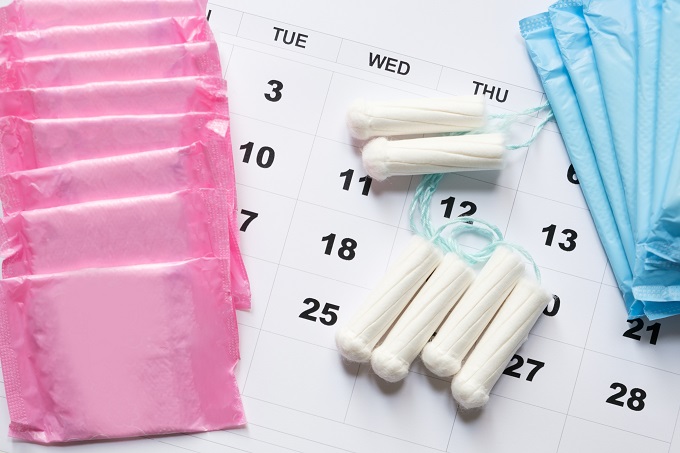
<h2>ANZ has partnered with social enterprise Dignity to provide free sanitary items to girls at 23 schools in Auckland, Wellington and Christchurch and 1200 female staff members.</h2>
<p>“We’re really concerned that girls are staying home from school each month because they can’t afford sanitary products and want to do our bit to change that,” says Felicity Evans, ANZ General Manager Human Resources.</p>
<p>In Felicity’s early working life she provided sanitary items for her staff at a bank branch in Upper Hutt and was encouraged to introduce the initiative at after hearing about the concept.</p>
<p>“We see sanitary items as being like any other practical consumable in a workplace, such as coffee and tea or soap. We support the work of Dignity in making sanitary products a normal part of every workplace.”</p>
<p>One Wellington school principal says the donation supports 250 students.</p>
<p>“Although sanitary items are a basic item in most households, they still remain an extra expense and we are very grateful to help ease our families’ financial strain as much as possible.”</p>
<p>“We know that providing pads and tampons in the bathroom isn&#8217;t going to solve all gender diversity problems, but it is a small step towards wider diversity goals. And it&#8217;s incredibly motivating being part of that change,” says Dignity founder Miranda Hitchings.</p>
<p>Dignity runs a ‘buy-one-give-one’ model. When firms buy sanitary products from Dignity, an equivalent amount of its products is donated to schools. As Dignity’s largest corporate partner, ANZ has started with five of its offices and nearby schools but the initiative is expected to expand.</p>
<p> ;</p>
<p> ;</p>

EXCLUSIVE: Teachers used to be paid two to three times more than minimum wage workers,…
After an “overwhelming” vote to reject the latest Government offer, secondary school teachers will begin…
Second-language learning should be compulsory, says a new report from a forum bringing together academics,…
A new entitlement aimed to improve access to learning support coordinators for schools with students…
Educators have raised questions about the Ministry of Education’s new secondary school subjects, set to…
Professional learning and development (PLD) for teachers needs to be higher impact for teachers and…
This website uses cookies.